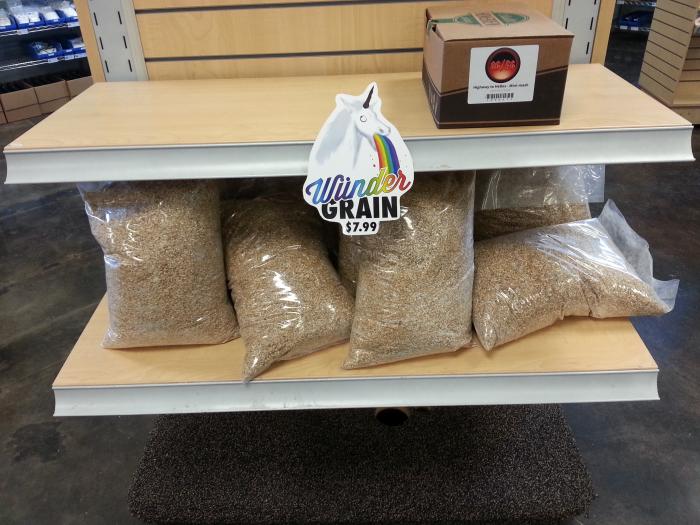The equipment cost is what gets you. Which in the end the equipment will retain most value and the initial cost diminishes with the beer produced.
I've only been brewing about 2 years and with the money I've already saved by not buying beer I have broken even on my equipment costs.



